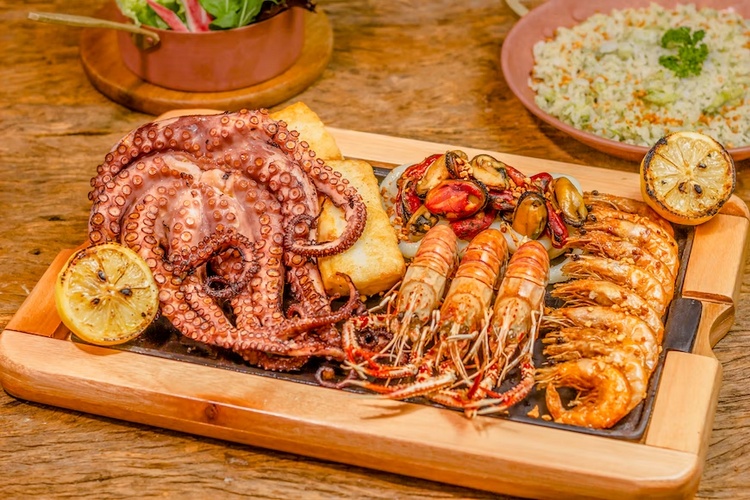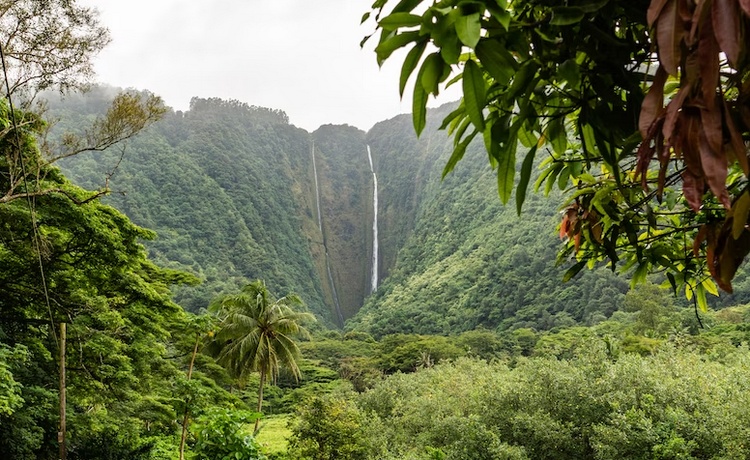August 24 NEC Energy News
¶ “China Bans Seafood From Japan After Tokyo Begins Releasing Treated Radioactive Water” • China announced it was banning all seafood from Japan in response to Tokyo’s decision to start the release of treated radioactive wastewater from the Fukushima nuclear power plant, dramatically escalating an already tense feud between the two neighbors. [CNN]

¶ “Japan Begins Releasing Treated Radioactive Water From The Fukushima Nuclear Plant Into The Sea” • The operator of the tsunami-wrecked Fukushima Daiichi nuclear power says it has begun releasing treated radioactive water into the Pacific Ocean. The controversial wastewater dumping project is expected to last for decades. [NBC Chicago]
¶ “What Are The Concerns Over Waste Water Release?” • Since the Fukushima disaster, TEPCO has been pumping in water to cool the nuclear reactors’ fuel rods. Every day the plant produces contaminated water, which is stored in massive tanks. Releasing treated waste water into the ocean is a routine for nuclear plants, but this is on a far bigger scale. [BBC]
¶ “‘Takes Longer’ And ‘Costs More’: Treasurer Snubs Nuclear Energy As A Viable Option” • Australian Treasurer Jim Chalmers has snubbed nuclear power as a viable option, saying it “takes longer” and “costs more.” Mr Chalmers claimed Australia is better suited for renewables and has more options in clean energy. He said renewable energy is cheapest. [Sky News Australia]
¶ “Parts Of The Tropical Rainforests Could Get Too Hot For Photosynthesis, Study Suggests” • Some leaves in tropical forests from South America to South East Asia are getting so hot they may no longer be able to photosynthesize, with big potential consequences for the world’s forests, a study says. Photosynthesis can fail at around 46.7°C (116°F). [CNN]

¶ “BYU Professors Use Special Bacteria To Turn Waste Into Renewable Energy” • Anaerobic digesters convert cow manure into biogas fuel, but they are limited to a modest efficiency of 30% to 40%. Now, research led by a team of BYU professors is making the process faster and more efficient by pretreating the waste with special bacteria. [BYU News]
¶ “Extreme Heat Makes Electricity More Expensive, More Polluting, And Less Reliable” • Extreme heat has hit hard lately from coast to coast this year. The direct health impact of heat stress is bad enough, and dangerous. But extreme heat also hits our electricity system in ways that make it more expensive, more polluting, and less reliable. [CleanTechnica]
For more news, please visit geoharvey – Daily News about Energy and Climate Change.
